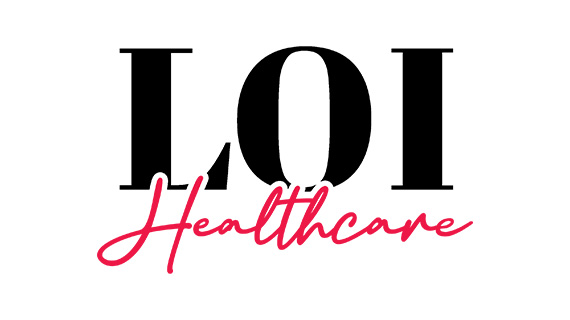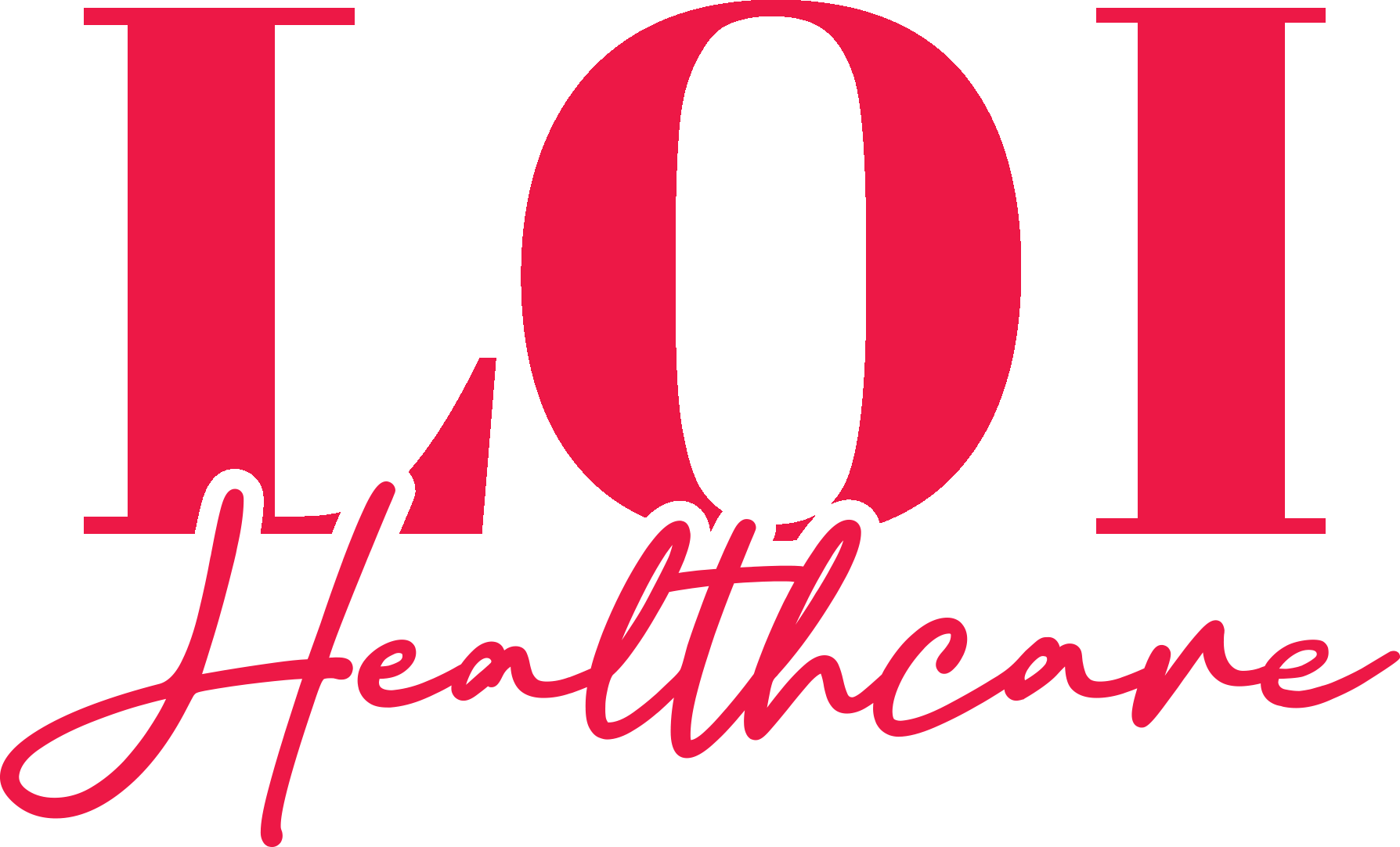Selenium
What is Selenium?
Selenium, derived from the Greek word “Selene”, which means “Moon” in Turkish, must be taken externally in order for the body to maintain its normal functions. This mineral, found in air, water, and soil, can be taken as a supplement to daily nutrition. Its main function in the human body is to participate as a cofactor in the structure of enzymes and to act from the muscle and skeletal structure to the internal organs.
What Does Selenium Do?
Selenium is found in the body as a vitamin. A significant part of it is located in skeletal muscle. However, its benefits spread throughout the system, supporting its healthy functioning. Selenium benefits;
- It supports the body’s cardiovascular health.
- It is stated that it has positive effects on prostate, stomach, liver, and lung cancer.
- Studies show that selenium supplements slow down the cancer process.
- It can reduce the side effects of cancer drugs.
- As a powerful antioxidant, it fights free radicals and protects the health of red blood cells. It also slows down the aging process.
- It combats oxidative stress and allows the immune system to return to normal function.
- It acts as a regulator in the structure of enzymes.
- It is important for the regular functioning of the endocrine gland and hormones and the synthesis of hormones secreted in the thyroid gland.
- Since it is found in male reproductive organs, it has positive effects on sperm count, quality, and morphology.
What is Selenium Deficiency?
You can eliminate the deficiency by taking naturally occurring minerals through supplements. Selenium deficiency means that it is not present in sufficient levels in the body, causing various diseases and disorders. It occurs as a result of inadequate and faulty nutrition. Reasons such as digestive system diseases, premature birth, types of cancer, kidney diseases, environmental conditions, and low protein consumption cause low selenium.
What are the symptoms of Selenium Deficiency?
When this mineral, which is absorbed in the duodenum, is depleted in the body, some problems occur. Selenium deficiency symptoms can be listed as follows:
- Deterioration in nail structure,
- The pallor of the skin,
- Lightening hair color,
- Deterioration in liver functions,
- Deterioration and weakening of muscle structure,
- Decrease in thyroid hormones,
- Irregularity in the functions of the immune system,
- Weakening of heart muscles,
- Tiredness,
- Confusion in mind.
Diseases seen in selenium deficiency are;
- Reproductive problems such as infertility in men and women,
- Goiter, a thyroid gland disease,
- Hepatitis and cirrhosis in the liver where the mineral is stored,
- Muscle and joint disorders that cause problems such as height increase in children,
- Easily catching viral diseases,
- Diabetes and insulin resistance,
- Cancer types,
- Reynaud Syndrome,
- HIV infection,
- Slowdown in cognitive functions,
- Psychological disorders such as depression and anxiety.
In Which Foods Is Selenium Found?
Foods containing selenium vary depending on geographical conditions and soil quality where they are grown. Foods containing Selenium that should be consumed to strengthen the body;
- Seafood such as yellowfin tuna, halibut, sardines, salmon, oysters, shrimp, and crab.
- Beef, chicken, pork and turkey meat and offal,
- Pasta types,
- Brown and white rice,
- Boiled egg,
- Sunflower seeds,
- Raw and instant oatmeal,
- Many milk and dairy products, especially milk, yoghurt, and cottage cheese,
- Haricot bean,
- Brown bread,
- Nuts such as hazelnuts, walnuts and cashews,
- Green leafy vegetables,
- Mushrooms,
- Banana,
- Seeds such as quinoa, chia, and buckwheat,
- Germinated legumes.
You can create your daily nutrition routines and protect your health with foods containing selenium.
What Does Selenium Supplementation Do?
Selenium supplementation is determined within the framework of individuals’ age and general health status. The best Selenium supplement dose is recommended up to 55 micrograms for people over the age of 14, 70 micrograms for pregnant and breastfeeding women, and 200 micrograms for thyroid patients. If foods containing this mineral are not sufficient, it can be taken with multivitamins and other food supplements. It is available in selenomethionine and sodium selenate forms and you can easily drink it. Those who use selenium supplements have a healthy immune system and metabolism. It can reduce the risk of some diseases and also eliminate their side effects.
In Which Situations Should Selenium Supplement Be Taken?
Daily Selenium needs are met to treat and prevent deficiency. With its antioxidant effect, it is used to save the body from free radicals, regulate body functions, protect against cancer, and strengthen the immune system, which reduces the effects of asthma. Additionally, selenium is a vitamin that has benefits for the skin. With its use, you can delay the signs of aging and strengthen nails and hair.


